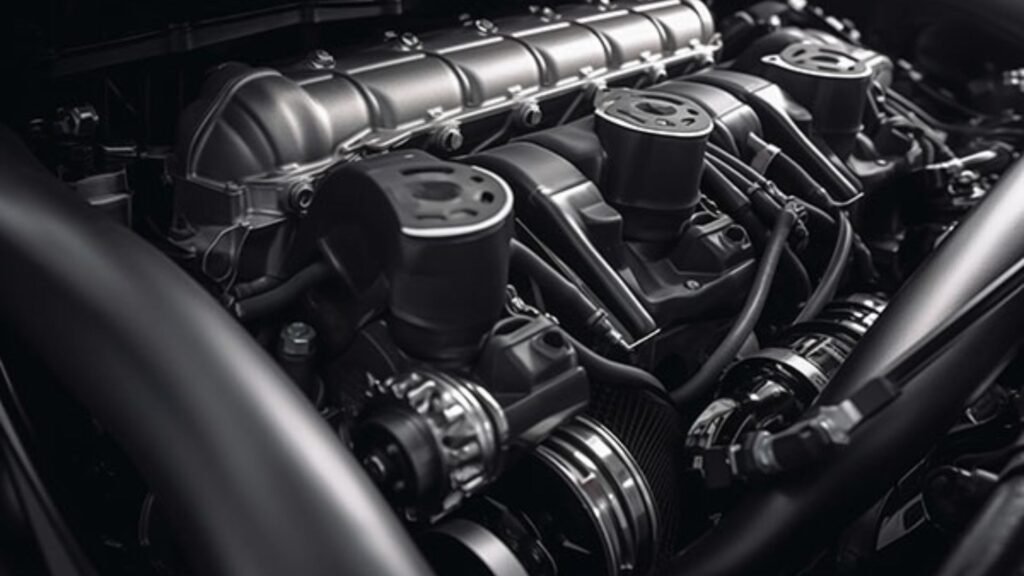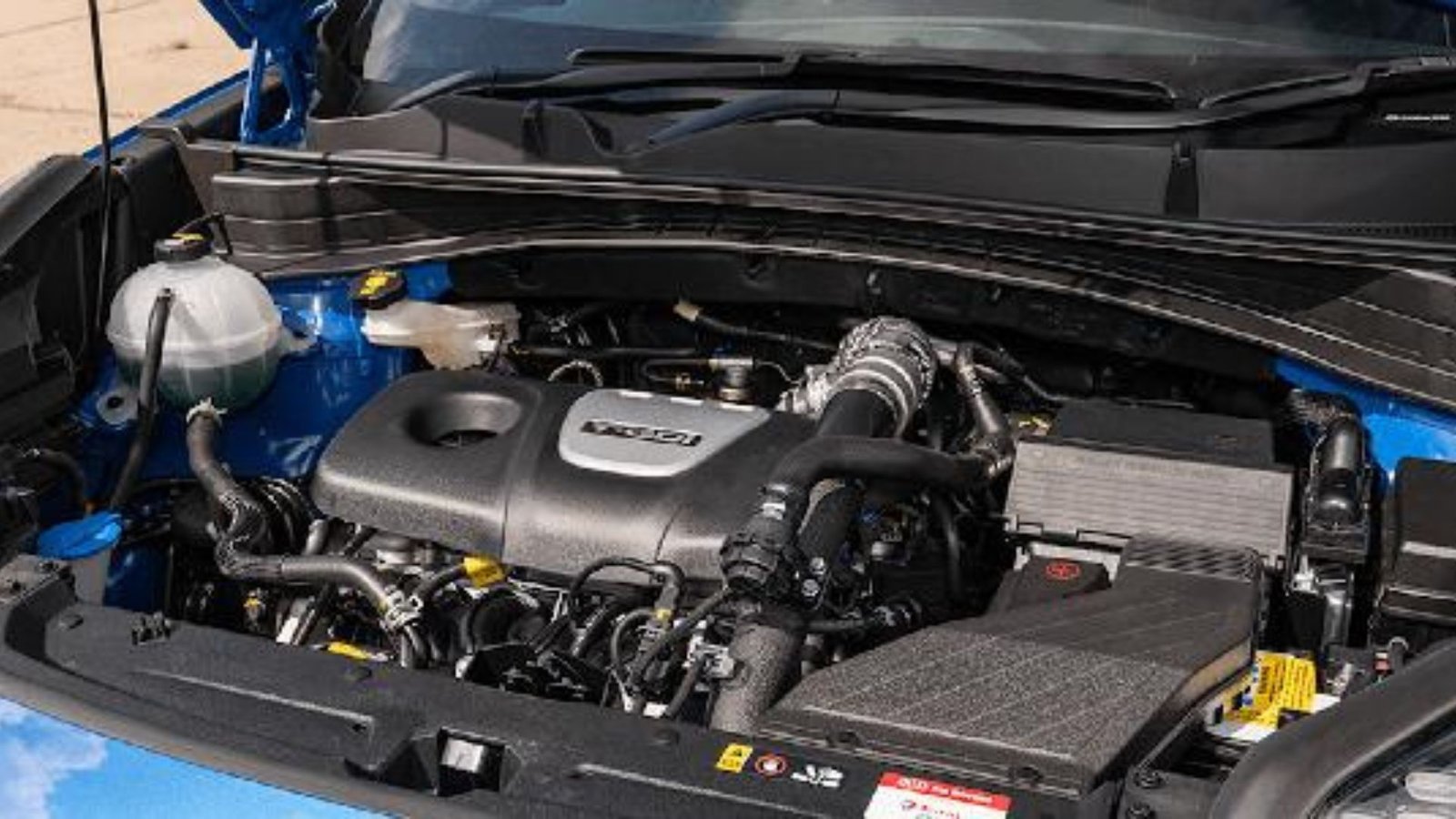When choosing a car, one of the most important factors to consider is fuel efficiency. Finding the right engine can make a big difference in how often you need to fill up. In this article, we’ll cover some of the best car engines for fuel efficiency, so you can make an informed decision and enjoy fewer trips to the gas station.
Car Engines for Fuel Efficiency
1. Hybrid Engines
Hybrid engines are renowned for their excellent fuel efficiency. They combine a traditional gasoline engine with an electric motor, which allows the car to use less fuel. This setup is ideal for city driving where electric power can be used more often. For example, the Toyota Prius is a popular model known for its impressive fuel economy thanks to its hybrid engine.

2. Diesel Engines
Diesel engines are another great option for car engines for fuel efficiency. They are more fuel-efficient than gasoline engines because diesel fuel has more energy content. Additionally, diesel engines tend to have a higher compression ratio, which improves their efficiency. Models like the Volkswagen Jetta TDI offer strong fuel economy figures due to their diesel engines.
3. Turbocharged Engines
Turbocharged engines use a turbine to compress the air entering the engine, which allows for more power without increasing the engine’s size. This can lead to better fuel efficiency compared to larger, naturally aspirated engines. Cars like the Ford EcoBoost models benefit from this technology, offering good performance and fuel savings.
4. Small Displacement Engines
Smaller engines often achieve better fuel efficiency because they require less fuel to operate. Engines with smaller displacements, such as a 1.0-litre or 1.5-litre, are designed for efficiency rather than high power. For instance, the Honda Civic with a small displacement engine is known for its fuel-saving capabilities.
5. Continuously Variable Transmission (CVT) Engines
Although not an engine type per se, the CVT is a transmission that works well with car engines for fuel efficiency. It can adjust seamlessly to the engine’s power output, allowing the engine to operate at its most efficient RPMs. Many hybrid and small-engined cars use CVTs to enhance their fuel economy, such as the Nissan Altima.
6. Atkinson Cycle Engines
The Atkinson cycle engine is designed to be more efficient than traditional engines by extending the intake stroke and shortening the compression stroke. This results in better fuel efficiency and lower emissions. Cars like the Toyota Camry Hybrid use Atkinson cycle engines to achieve excellent fuel economy.
7. Direct Fuel Injection Engines
Direct fuel injection engines improve fuel efficiency by injecting fuel directly into the combustion chamber rather than mixing it with air first. This process enhances combustion and reduces fuel waste. Vehicles like the Subaru Impreza with direct fuel injection offer improved mileage and lower fuel consumption.
8. Cylinder Deactivation Engines
Cylinder deactivation technology allows an engine to shut down some of its cylinders during light-load conditions, like highway driving. This reduces fuel consumption by using only the necessary cylinders. Models such as the Chevrolet Tahoe with this technology can save fuel without sacrificing performance.
9. Efficient 3-Cylinder Engines
Three-cylinder engines are gaining popularity for their fuel efficiency. They are smaller and lighter, which helps improve fuel economy. Cars like the Ford Fiesta come with 3-cylinder engines that provide a good balance between performance and efficiency.
10. Low Compression Engines
Engines with lower compression ratios can operate more efficiently on regular fuel and consume less fuel. These engines are designed to work well with less refined fuel and still achieve decent fuel economy. For example, the Hyundai Accent features a low-compression engine for better mileage.
11. Turbo Diesel Engines
Turbo diesel engines combine the benefits of diesel fuel with turbocharging. This allows for both high power output and high fuel efficiency. Models such as the Jeep Cherokee with a turbo diesel engine are known for their excellent fuel economy and performance.
12. Advanced Engine Management Systems
Modern car engines for fuel efficiency often come with advanced engine management systems. These systems optimize fuel injection and ignition timing to enhance fuel efficiency. Vehicles equipped with such systems, like the BMW 3 Series, offer improved fuel savings and lower emissions.
13. Eco Mode Engines
Some cars feature an “Eco Mode” that adjusts the engine and transmission settings to prioritize fuel efficiency. This mode can significantly improve fuel economy during everyday driving. Many new models, such as the Toyota Corolla, include this feature to help drivers save on fuel.
14. Lightweight Engine Designs
Engines designed with lightweight materials and compact structures can improve fuel efficiency. Reduced engine weight means less power is needed to move the car, leading to better fuel consumption. The Mazda MX-5 is an example of a car that benefits from a lightweight engine design.
15. Variable Valve Timing Engines
Engines with variable valve timing (VVT) adjust the timing of the intake and exhaust valves for different driving conditions. This helps improve both performance and fuel efficiency. Cars like the Honda Accord use VVT technology to balance power and fuel economy.
Conclusion
Choosing the best car engines for fuel efficiency can greatly impact your driving experience and fuel costs. Whether you opt for a hybrid engine, a small displacement engine, or a turbocharged option, each type offers unique benefits that can enhance fuel economy. Consider these options carefully to find the engine that best suits your needs and helps you save on fuel.

